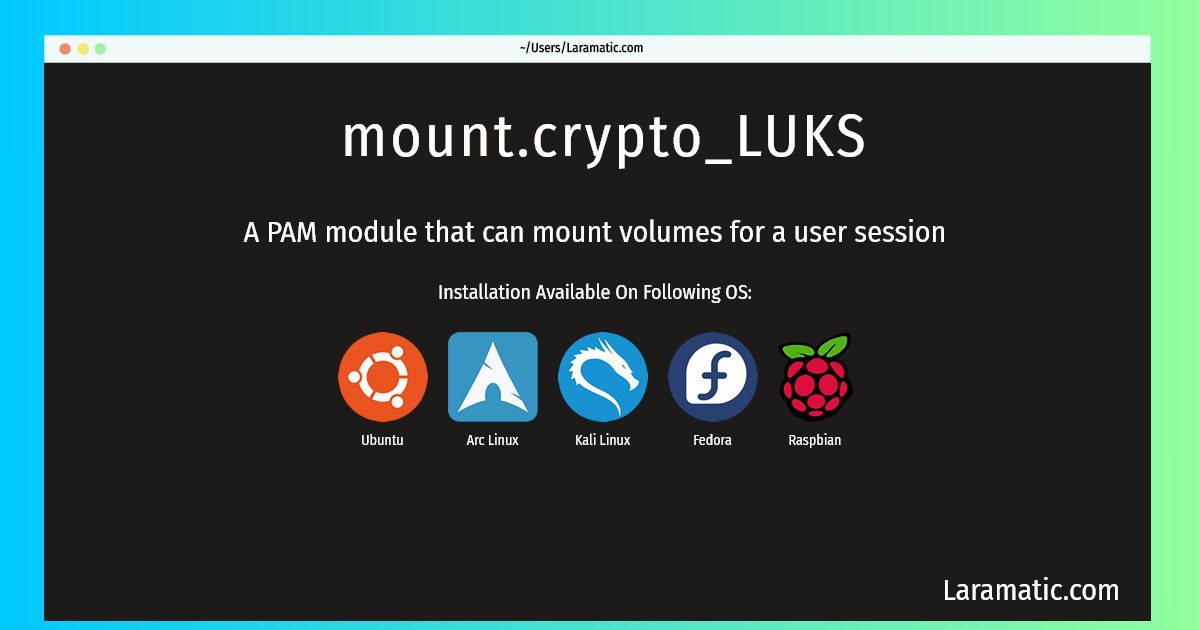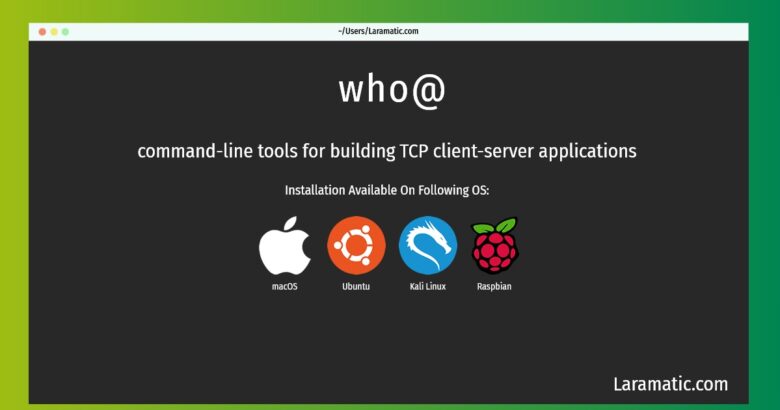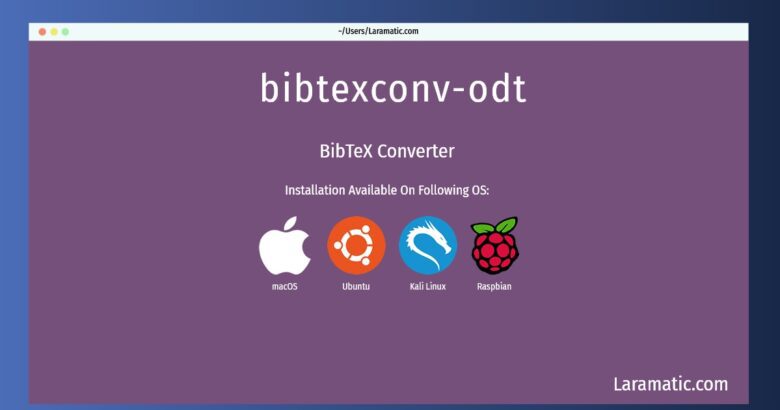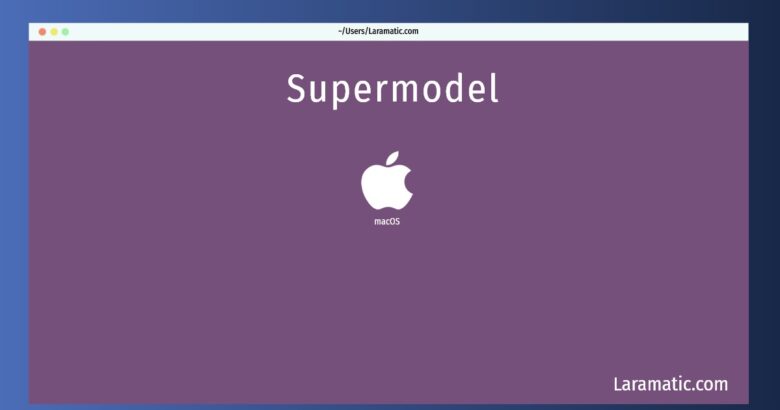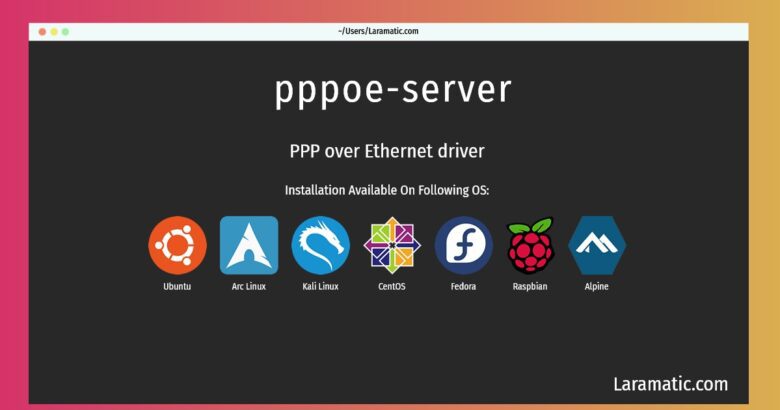Mount.crypto_LUKS Command
Install mount.crypto_LUKS
-
Debian
apt-get install libpam-mount-binClick to copy -
Ubuntu
apt-get install libpam-mount-binClick to copy -
Arch Linux
pacman -S pam_mountClick to copy -
Kali Linux
apt-get install libpam-mount-binClick to copy -
Fedora
dnf install pam_mountClick to copy -
Raspbian
apt-get install libpam-mountClick to copy
pam_mount
A PAM module that can mount volumes for a user sessionlibpam-mount
PAM module that can mount volumes for a user sessionThis module is aimed at environments with central file servers that a user wishes to mount on login and unmount on logout, such as (semi-)diskless stations where many users can logon. The module also supports mounting local filesystems of any kind the normal mount utility supports, with extra code to make sure certain volumes are set up properly because often they need more than just a mount call, such as encrypted volumes. This includes SMB/CIFS, FUSE, dm-crypt and LUKS.
libpam-mount-bin
PAM module that can mount volumes for a user session - helperThis module is aimed at environments with central file servers that a user wishes to mount on login and unmount on logout, such as (semi-)diskless stations where many users can login. The module also supports mounting local filesystems of any kind the normal mount utility supports, with extra code to make sure certain volumes are set up properly because often they need more than just a mount call, such as encrypted volumes. This includes SMB/CIFS, FUSE, dm-crypt and LUKS. This package contains helper binaries

